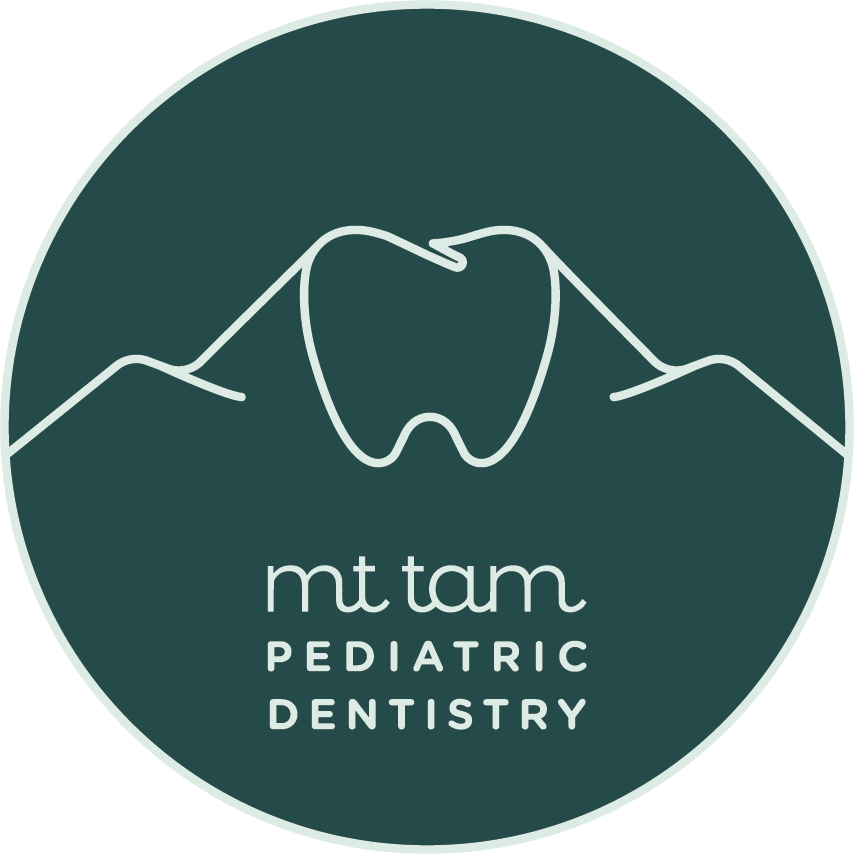Why is it difficult to find an in-network Pediatric Dentist in Marin?
If you are here, just know that you are not alone in the search for an in-network kids dentist. Many parents are wondering why there seem to be fewer Delta Dental (and other) in-network pediatric dentists in Marin County. I wanted to explain why more and more dentists are dropping Delta Dental and why it has become increasingly challenging for parents to find an in-network dentist for most insurance providers & plans. It's not simple but here it goes...
When a dentist goes in-network with a carrier, they agree to a certain set of reimbursement fees that may be significantly different from the fees they normally charge for services. Going “in-network” gives the dentist access to insurance providers’ large patient pools. Historically, Delta provided reimbursement sufficient enough for in-network dentists to cover their business costs. However, over the past decade Delta has slowly and significantly reduced the reimbursement they provide to in-network dentists. This means that in order to cover the cost of running a business in Marin County, in-network dentists need to increase the volume of patients treated (by a lot!) to stay in-network. Under these newly reduced reimbursement rates, it now requires the in-network dentist to see 3 or 4 patients to cover their costs of doing business - especially in more expensive areas like Marin. This means the dentist needs to increase staff, reduce the length of an appt (quicker treatment), and/or risk-burnout from over-loading their schedule (which many in-network Delta providers are facing).
Because Delta is not paying the dentists as much, it allows Delta to offer dental plans to employers/companies at a reduced rate as well. This looks great from an employer's point-of-view: they get to offer their employees a dental benefit for a lower cost to their business. But the gap between Delta's reimbursement and the dentists’ cost of doing business has grown and that gap needs to be filled somehow.
The answer is typically either dropping Delta or vastly increasing the volume of dental procedures. As you can start to see, the better choice for patients and the dentist is to drop the low reimbursing plan; allowing dentists to focus on quality care. This also (hopefully) reassures the patient the dentist is not rushing through their appt, over prescribing treatment, and is still able to make a living/not need to shut down their office. If a dentist is in-network with Delta, chances are they are practicing in rural communities where the cost of doing business is significantly lower than in the Bay Area, planning to drop Delta in the near future, near retirement, or they were "grandfathered" into Delta's historical reimbursement structure (dentists joining Delta's network after 2014 are subject to the lower reimbursement fees).
Unless Delta (and many other insurance providers) makes some changes, you will continue to see fewer dentists in-network with those insurance plans, as it is a model that is not sustainable or beneficial for dentists and patients. Hopefully, this helps to shed some light on why it is so hard to find in-network pediatric dentists in our community.
The Tam Team is here to answer your insurance questions!
Lastly, because each employer chooses what plan to offer their employees, if your employer is sponsoring/paying for a quality plan offered by an insurance provider, some higher quality insurance plans will actually cover an out-of-network dentist's full fees. This all depends on which plan an employer has chosen to subsidize and offer their employees. If a company is paying a low monthly fee to offer dental insurance (or if you are paying a low monthly fee), it is likely that they have selected a plan with lower reimbursement rates. In contrast, a quality insurance plan often covers the full fees for an out-of-network dentist (or a large portion of the fees).
This part is confusing so here is an example: Company X (a well known tech company in the Bay Area) offers their employees a "quality Delta plan." If a Company X employee with this Delta plan goes to an in-network Delta dentist, the plan will pay the in-network dentist the agreed upon in-network fee of $50 for a cleaning. Also, the same quality Delta PPO plan will pay an out-of-network dentist $150 for that same cleaning with a dentist that does not have a relationship/contract with Delta (aka out-of-network). Being out-of-network the dentist charges what’s needed to sustain their business versus Delta choosing the fees for them; plus, a quality Delta plan will typically cover all or most of the cost the out-of-network dentist is charging. If you have been disappointed by your out-of-network Delta coverage in the past, it may be worth exploring alternative plans offered by your company, or discussing alternative options with your HR department.
My suggestion if you have a Delta PPO plan (or other insurance provider PPO plan) would be to call your preferred dentist and ask if they can submit a pre-authorization to see how much your Delta plan will pay at their practice. If your employer is paying for and offering a quality Delta plan, chances are your out-of-pocket costs to see an out-of-network dentist will be very low. If your plan is a discount Delta plan, then you will likely have a larger out-of-pocket cost. In the latter case, it may be best to drop your plan in exchange for a quality care experience (or some practices even offer an in-house membership plan). As you are beginning to see, in order for a dentist to provide a quality experience and quality care someone needs to pay - whether it's the patient, the employer, or insurance provider. Dentists, especially pediatric dentists, in Marin can't cover overhead, repay their student loans, and make a sustainable living if no one is covering their costs.
Please reach out to the Tam Team and we will be happy to talk to you more about your options at Mt Tam Pediatric Dentistry!


